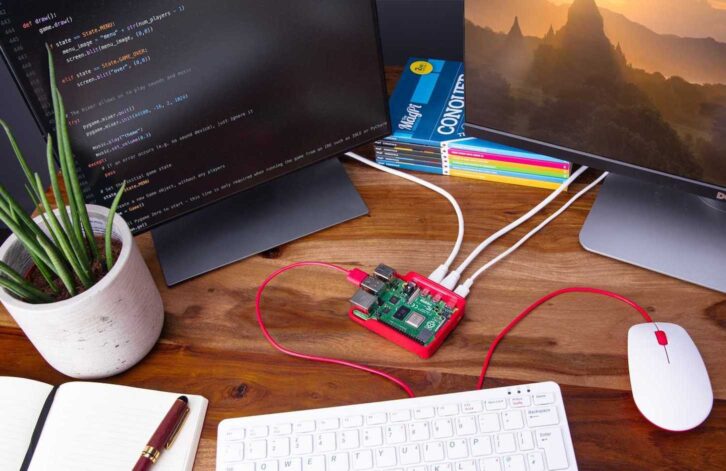Computer manufacturer Raspberry Pi has confirmed plans for a London IPO in a boost to UK public markets.
The Cambridge-based firm, which offers low-cost computing equipment to encourage people to develop technical skills, said on Wednesday it intends to list on the main market of the London Stock Exchange.
Raspberry Pi last year teased a London IPO when CEO Eben Upton confirmed it had postponed existing float plans in 2021 but was now ready. Upton said at the time “there’s good, smart money in London” and said the “narrative” of inferiority to the US markets was “overblown”.
The company will seek a market valuation of around £500m, according to sources that spoke to the Financial Times.
Raspberry Pi was previously valued at $560m (£443.8m) after securing an investment from New York-listed Cambridge chip firm Arm.
“A remarkable ecosystem of individuals and businesses has grown around Raspberry Pi, supporting both the enthusiast and industrial markets to innovate and succeed with our products,” Upton said on Wednesday.
“In an ever more connected world, the market for Raspberry Pi’s high-performance, low-cost computing platforms continues to expand. We have the technology roadmap to play an increasingly significant role, and we are excited to embark on the next stage of our growth.”
The upcoming IPO represents a timely boost to the London markets, which have struggled to attract and retain tech listings since its record year in 2021.
The pressure on the UK markets was exacerbated last month when London-listed cybersecurity giant Darktrace agreed to be acquired by US private equity firm Thoma Bravo at a valuation of £4.2bn.
Ashley Ramrachia, CEO and founder of tech upskilling group Academy, told UKTN: “I am delighted to see Raspberry Pi choose London as its primary listing destination. The reality is that we don’t have enough tech talent in the UK to fill all of the open vacancies that exist.
“British businesses that encourage young people to learn about tech from an early age will play a vital role in creating a British workforce fit for the 21st century.”

